How to save money on your farm insurance policy
The demand for farm insurance is high. As replacement costs increase, so does the demand for more cover (higher sums insured). The supply is challenging. Re- insurers (those big guys that insure insurers), are looking to invest where their returns are highest. That may be in geographical areas (and sometimes specific regions, countries or areas exposed to natural perils) or industry segments.
The temptation is to hand your schedule over to another broker or insurer for an alternative quote and take the cheapest price on offer, but there are steps you should take first.
Firstly, set time aside to review covers with your insurance broker. If you are not reviewing cover and sums insured regularly, you may be paying for something you will not receive or more importantly, you may end up being underinsured or not insured at all. Look at all sections of your farm policy and understand what your insurance is designed to achieve.
Farm & Home Buildings
Make sure the existing cover is suitable for you. We nearly always recommend Accidental Damage cover if available (as opposed to what is sometimes known as Defined Events). It may be more expensive but generally does provide a wider coverage and additional benefits. Ask your insurance broker to explain the differences in the cover.
The rising cost of replacing buildings is well documented and there are ramifications if your insurance sums insured are not adequate. Within your Policy (usually found in “How we will pay your claim”) you will see how insurers will settle your claim. It’s not always what you may expect. Generally it’s the insurers option as to how they settle your claim.
If your sum insured is adequate, then you will be able to replace your farm buildings or homes.
f your sum insured is inadequate, then insurers have a number of options (and they are usually the options of the insurer and not the insured).
They may pay up to the sum insured for the repair or replacement and you may need to fund the difference.
If the choice is made not to repair or replace, then the insurer has the option to pay the indemnity value of the building. It is where an allowance is made for depreciation, the condition of the building and the value of the building prior to the loss. Settlement may be less than the sum insured.
The insurer may offer a cash settlement (this is the insurer’s choice and not always yours).
You may not receive the sum insured shown on our policy certificate.
So don’t be “half insured”. There is no value in deliberately underinsuring a building and expecting to receive the sum insured in the event of a loss – that may not happen. You may be better off not insuring old buildings, that you may not replace in the event of a loss and saving money that way, rather than underinsuring important farm buildings that will require replacement.
Please talk to your insurance broker about your options.
Farm Motor
Unless you have cover which shows Agreed Value (usually but not always available for only your private vehicles) then most claims will be settled on the basis of Market Value (but limited by the sum insured shown). Make sure that the Market Value is represented by the sum insured. You are paying a premium based on the Sum Insured shown and if the current Market Value is less than the sum insured shown you may be paying too much premium.
However, a word of warning: The market for vehicles, plant and machinery has been robust over the past year or so and some sums insured may need to be revised upwards.
Excesses
There are other areas you may be able to save money. Increasing the excess (the amount you are responsible for in the event of a claim) can sometimes save you money.
Farm Insurance is a nominated section policy so ensure you take out sections relevant to your needs and not assume it is all inclusive, e.g. Fencing, Hay, Theft, Farm Machinery (Perils/Theft) all need to be considered.
When it comes to insuring your farm, it’s important to get the correct advice – speak to us today for an obligation free review.
General Advice Warning: Please be aware that any advice that may have been given or implied is general advice only. We have not taken into consideration your individual needs, objectives or financial requirements. Before deciding to purchase a financial product, you should consider the appropriate Product Disclosure Statement to ensure the product is suitable for your needs. Article originally shared on ausure.com.au.
